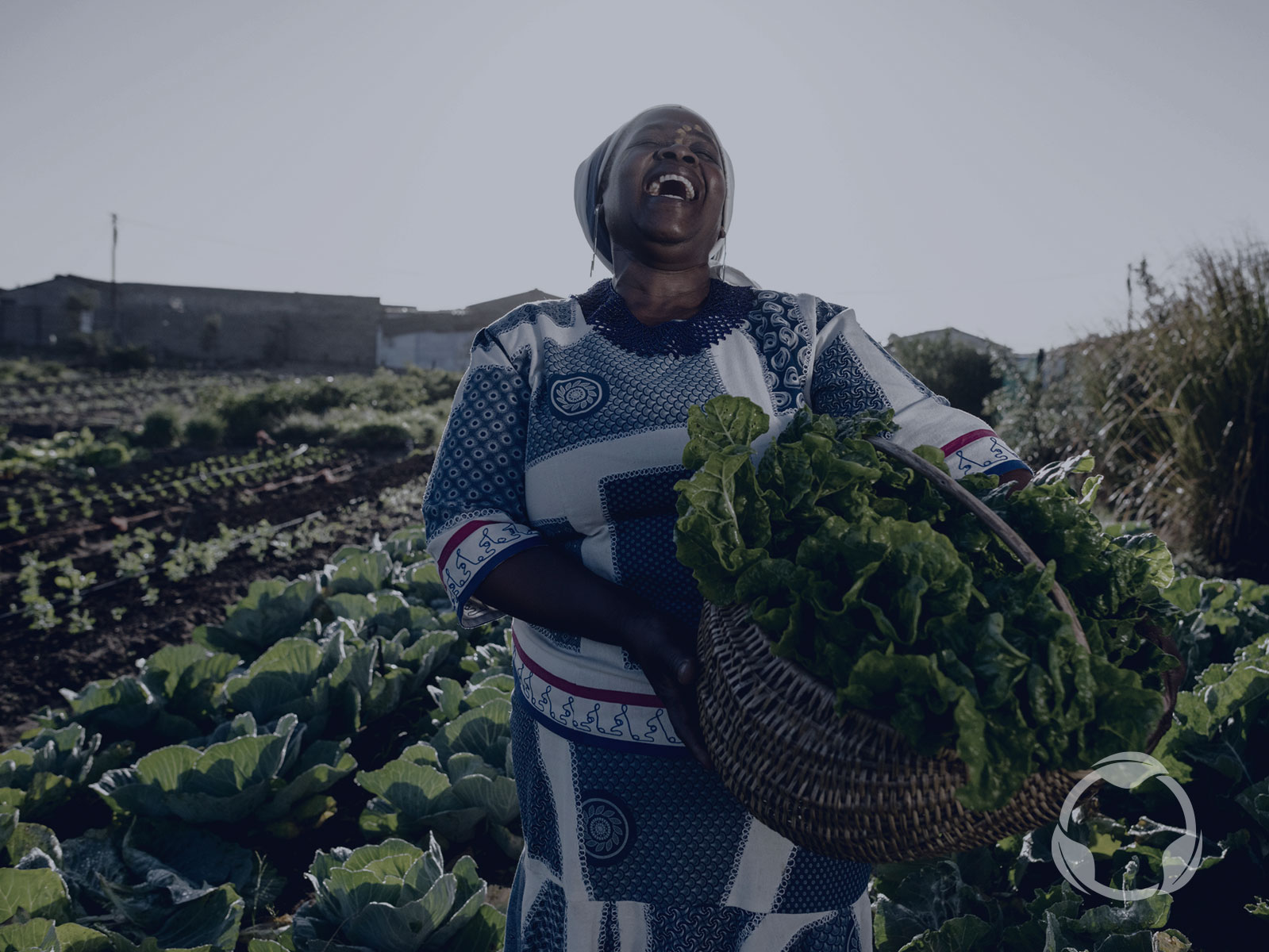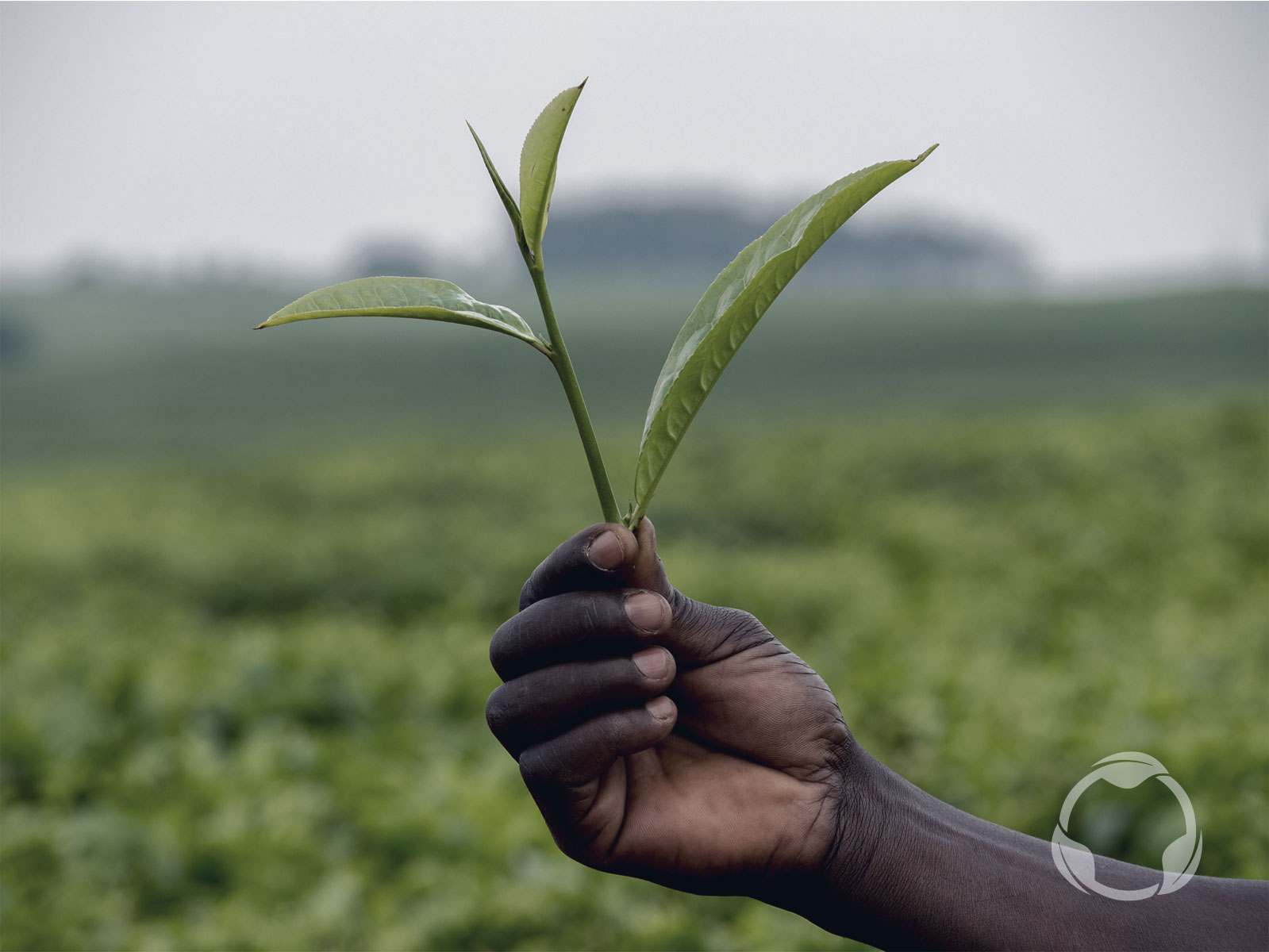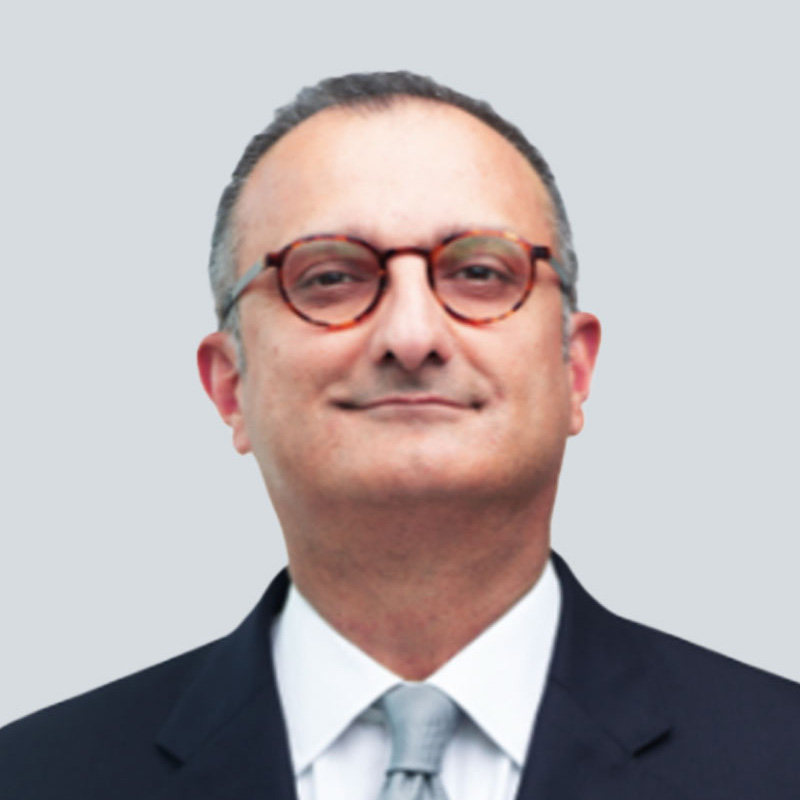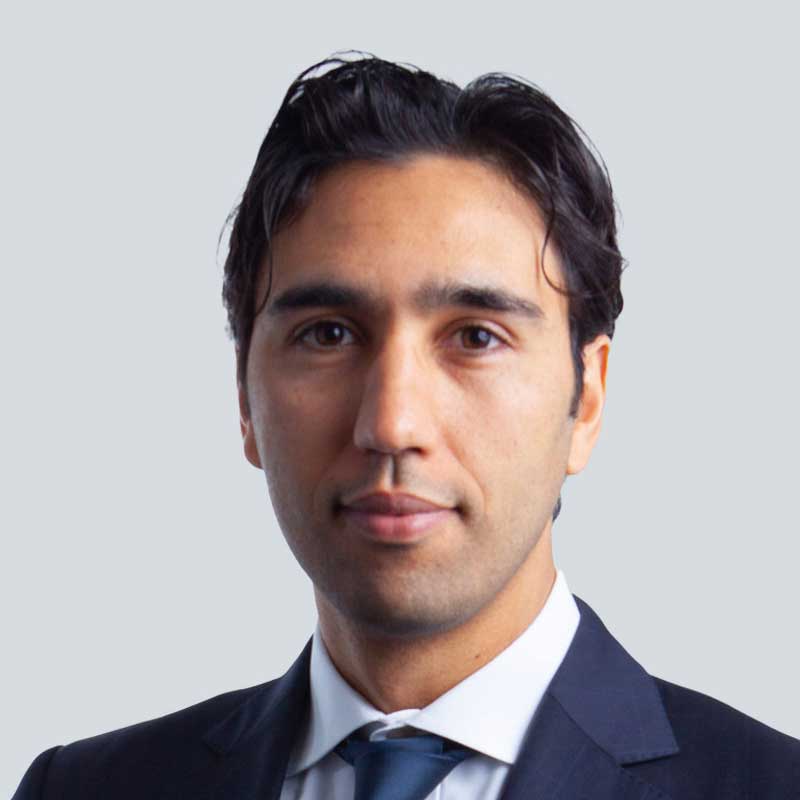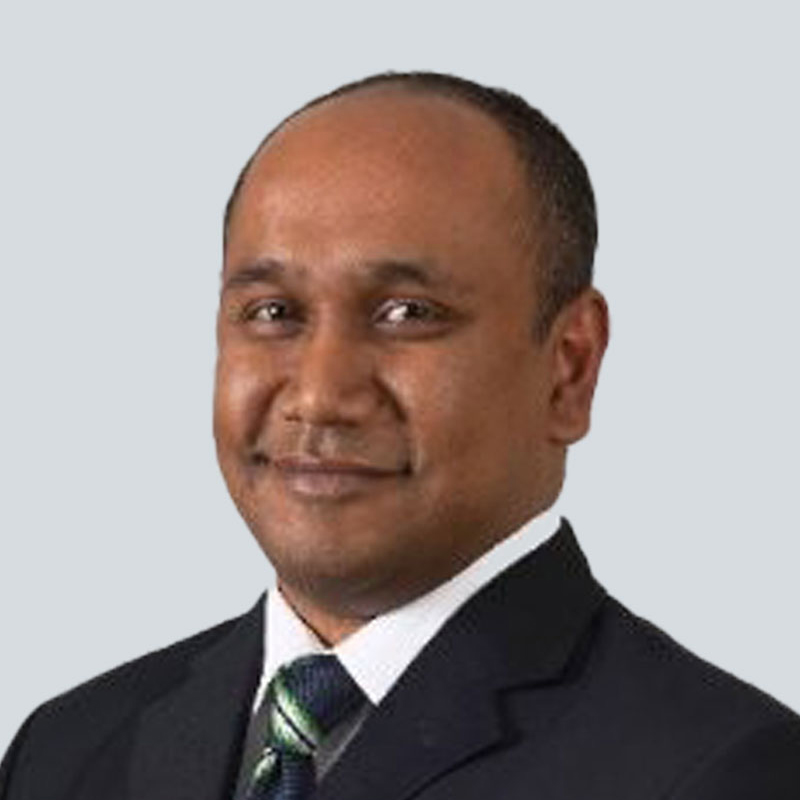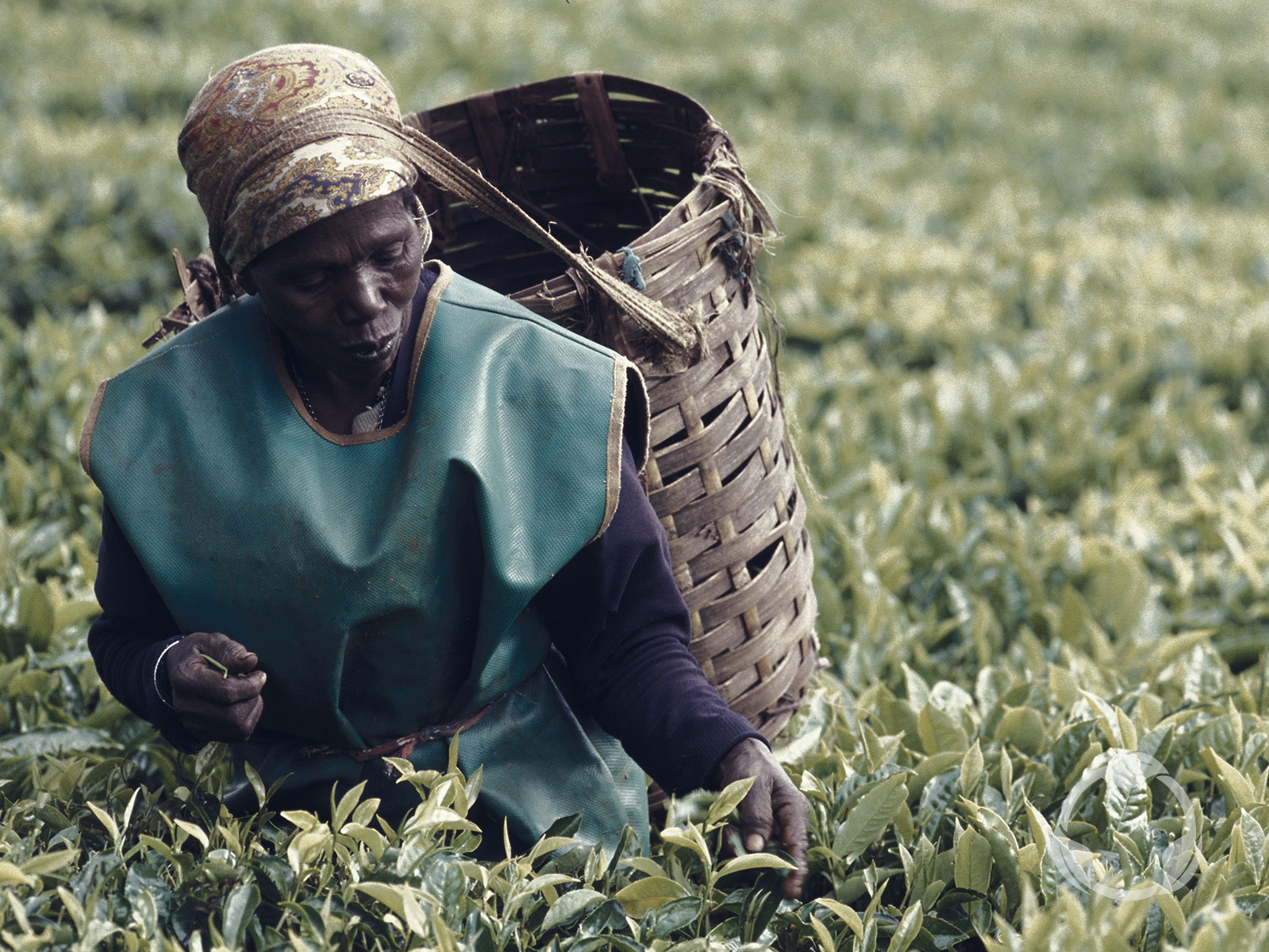
African Agriculture - The gateway to food security in the Middle East
By 2050 the Middle East and Africa will be home to approximately 3.4 billion people – this is predicted to be more than the populations of China and India combined.
Such unprecedented growth in population combined with climate change and geopolitical tensions in the Middle East has resulted in a high level of dependence on agricultural imports. In fact, the region currently imports 40 percent of its food requirements, while its dependence on cereal imports is among the highest in the world.
This food dependence is likely to increase in the foreseeable future as the population continues to rise and climate change persists in impacting crop yields.
All eyes on Africa
While Europe and the Americas have predominantly supplied food to markets in the Middle East, investors are increasingly shifting their attention to Africa’s agriculture sector in a bid to tap its expanses of uncultivated, arable land and strong culture of smallholder farming.
While the Middle East has long had its eyes on African agribusiness, a recent report by consultancy Knight Frank suggests that demand is growing. In fact, African food exports to the United Arab Emirates (UAE), totalled $21 billion in 2017, up 170 percent since 2010. The UAE was also the second highest investor in Africa across all sectors in 2016, with a capital investment of $11 billion, according to fDI Intelligence – demonstrating the level of regional interest in the continent.
‘Win Win’ for both Africa and the Middle East
However, the Middle East is motivated by more than just the prospect of reaping returns on investment. Achieving food security is the primary concern of Gulf States, and given the region’s arid climate, limited arable land and water scarcity, this is no surprise.
Another immediate and tangible benefit of having direct access to food supplies is reducing the costs associated with middlemen involved in food imports. Currently, the UAE alone spends approximately $680 million on food imports annually. By having direct access to crops, government officials estimate savings of up to 25 percent in import spending.
Investing in agriculture in Africa is also a cornerstone in achieving many of the sustainable development goals (SDGs) as outlined by the UN in 2015. Not only will these investments help alleviate hunger (SDG 2) but they will also impact the other SDGs as well. Studies have shown that one dollar invested in the agriculture sector in sub-Saharan Africa can lift at least 16 people out of poverty.
Recognising this opportunity for impactful investment, the Islamic Development Bank (IsDB) is committed to supporting its member countries in the fight against poverty by addressing the global food crisis. Since its inception in 1975, the Group has invested over $12.5 billion in 990 agriculture and rural development projects.
Trade and infrastructure for food
Another draw-card catalysing economic ties between the Middle East and Africa is the recent ratification of the African Continental Free Trade Agreement (AfCFTA), which came into effect on 30 May 2019.
Through the AfCFTA, countries can offer tax incentives, remove barriers to trade, facilitate training and improve education while making the transportation of goods, services and information more secure.
The AfCFTA will help Africa realise its trading potential and could open Gulf investors to more agribusiness opportunities on the continent. In addition, the agreement will likely produce a need for better infrastructure to facilitate more intra-regional trade. Gulf states will be looked upon as potential investors in the infrastructure needed to turn this policy vision into a working reality.
And progress in this regard is already being made; the IsDB currently invests an average of $1 billion annually in agriculture and rural development projects. Its current portfolio in the sector is worth more than $6.3 billion and addresses a range of different development challenges its member countries face – from the low crop productivity of smallholder farmers to the urgent need for better infrastructure to facilitate trade and economic growth.
Bridging the financing gap for impact
However, despite exhaustive resource mobilisation efforts by the IsDB Group and others, there still exists a substantial financing deficit in the agricultural sector. And, in the context of broader development, the United Nations Conference on Trade and Development (UNCTAD) has estimated that if developing countries are going to achieve the SDGs, an annual investment of approximately $4 trillion is needed.
Annually, the smallholder farmers in sub-Saharan Africa, parts of Asia and Latin America need over $200 billion in financing to expand their businesses and improve their livelihoods. Most of the financing needed to bridge this gap has to come from the private sector. Origin Funding Partners aims to bring very carefully targeted capital into this gap, and make a large difference with relatively small amounts of money.
Embracing exponential business opportunities
It’s clear that there are numerous business opportunities for Gulf States and the private sector to invest in agriculture in Africa, provided investments are made in a transparent and sustainable manner and result in meaningful returns for local communities.
More investments into infrastructure development are also needed if both Africa and the Middle East are to obtain the greatest advantages from the new changes to the continent’s trading regime. Gulf states could take advantage of those infrastructure requirements to set the groundwork for further investment in more agribusiness, which will in turn strengthen their own food security.
